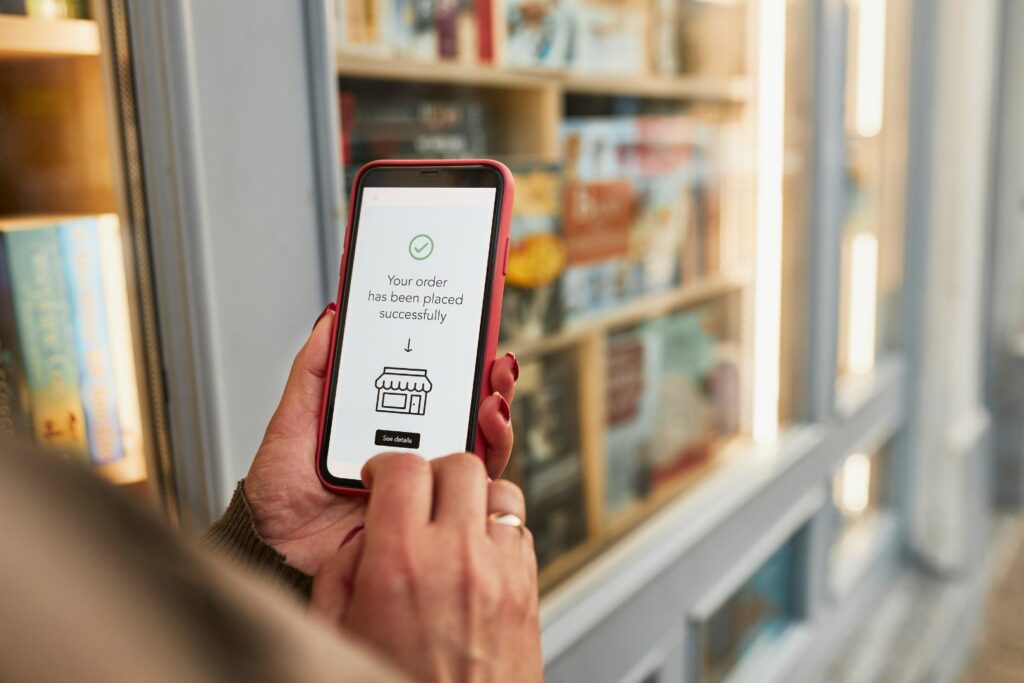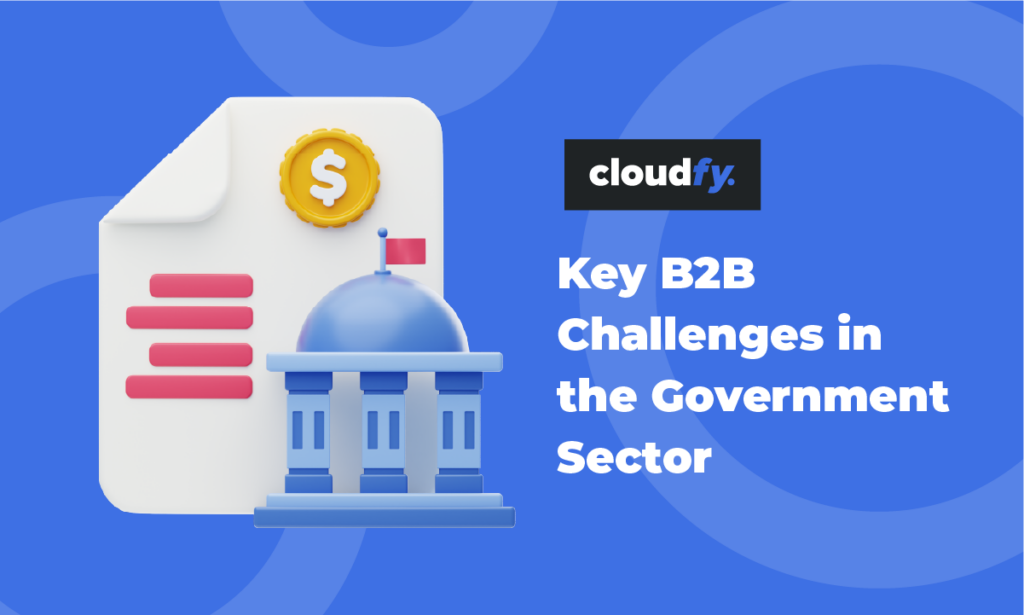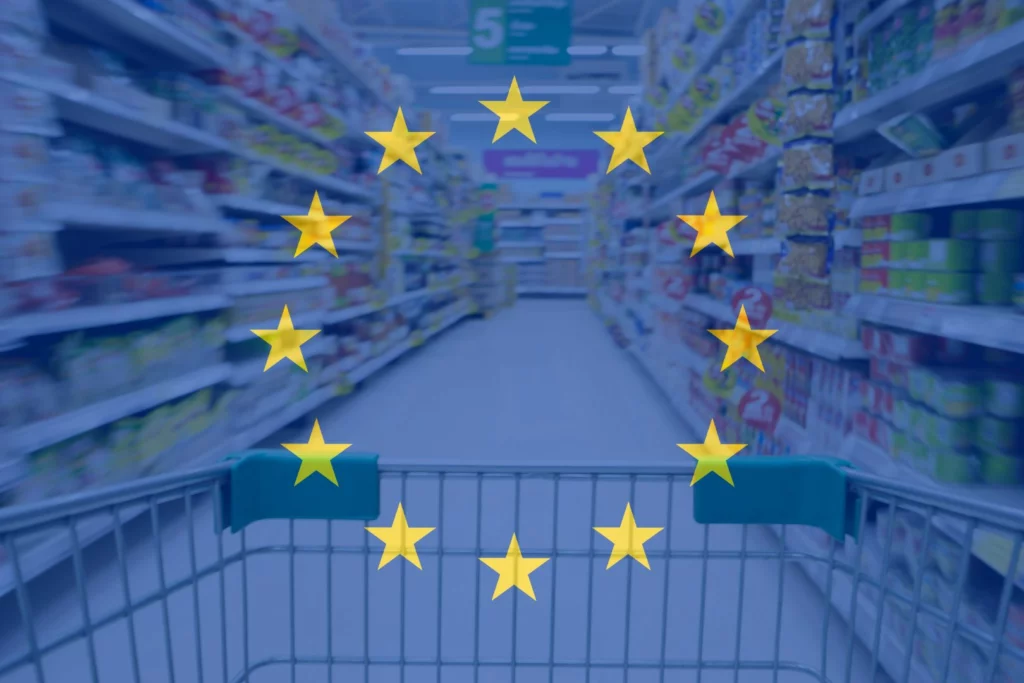B2B ecommerce must deliver high quality experiences to match innovations in B2C ecommerce.
According to one recent report B2B buyers typically complete over two-thirds of their online purchasing journey before speaking with suppliers. The value of the order, industry sector or seniority of the people on the buying team don’t make a difference. If you’re a B2B seller this means your customers have made a lot of choices before making a direct enquiry. However, the solution isn’t to try and reach potential customers before they’ve completed this part of the purchasing journey.
Instead, your B2B ecommerce site has become a key source of information that informs the decision-making process. It must be easy to discover online, offer intuitive navigation and search tools, and deliver high quality content.
When your customers are ready to engage you must deliver seamless hybrid offline and online purchasing. Your customers must be able to move easily between assisted sales and online ordering.
Table of Contents
Cloudfy is a cloud-based software as a service (SaaS) solution so you don’t need a large capital investment to launch your ecommerce platform. Whether you’re planning your first B2B ecommerce venture or you’re ready for an upgrade you’ll exceed your buyers’ expectations.
You won’t have to worry about keeping up with new developments with regular updates delivered in the cloud.
Designed from the outset for B2B ecommerce, Cloudfy offers leading-edge functionality and business system integration straight out of the box.
Its easy-to-use dashboard allows you to clearly present your brand and add and update product details and prices. You can easily handle product codes, variations, technical details and customer-specific requirements.

The shift to online purchasing
In an uncertain economy B2B purchases are carefully scrutinized and take longer than ever. However, by 2025 80% of B2B sales interactions could take place via digital channels.
This offers you an opportunity to gain a competitive advantage by delivering high quality B2B ecommerce experiences. You can provide excellent content, around the clock availability, value-added support, personalization and streamlined online purchasing and delivery. If your competitors still struggle with telephones, emails and paper-based purchasing processes you can attract their customers too.
Customer experience
Once they have decided to make a purchase B2B buyers say they are looking for an easier and faster checkout. They want a simple repeat order process, fast deliveries and improved tracking. To work effectively they need a complete view of their purchasing process, from start to finish. They know it’s possible because all this is offered when they’re personally shopping online.
This means the pressure is on for B2B sales to provide online experiences that match Amazon, for example. Alternatively, depending on your sector, you could be looking at the tailored experiences offered by a favorite online boutique.

Accurate ordering
Online shopping usually involves simple orders, small numbers and few variations. B2B purchasing is much more complex which is why buyers frequently experience order errors. The most common problems are mistakes concerning product choices, pricing and deliveries. These are often due to mistakes introduced during manual data entry.
Integrating your B2B ecommerce platform with your enterprise (ERP) system can make many of these issues simply disappear. Your buyers add their own order details and preferences, including delivery requirements, which are automatically shared across all your systems. Everyone involved can see and track the same information at the same time.
Customer support
Once you have launched your new B2B ecommerce site it’s available around the clock, ready to fit in with your buyers’ needs. They can place their orders at any time and from anywhere.

Business insights
Thanks to B2C online sales ecommerce analytics have come a long way. You can take advantage of these techniques to improve your decisions and your buyers’ experiences. You can use previous buying and search histories to offer personalized catalogs when your buyers log in. Easy reordering options, recommendations, and relevant promotions and offers improve their online purchasing journeys. By understanding customer behavior you can also improve your site and anticipate trends and preferences.
Cross-channel consistency
Although your buyers prefer to start their purchasing process online, they might still need help along the way. When everyone shares the same real-time information it’s easier for your staff to guide buyers to the right products. Your team can complete the purchase on your customer’s behalf or they can continue the self-service process.
Book a free demonstration to find out how Cloudfy can help you meet and exceed your B2B buyers’ expectations.
Frequently Asked Questions
B2B ecommerce must meet the complex needs of business to business transactions. This might include large order volumes, customer-specific pricing, product customization and deliveries to multiple locations.
B2C ecommerce mostly involves selling standardized goods or services to consumers online. Just one item might be bought at a fixed price for delivery to a single address.
Almost any type of business that sells to other businesses can benefit from B2B ecommerce. Manufacturers and service providers can even sell directly to their end users as well as distributors. Many wholesalers can simplify and streamline their processes by accepting and managing orders online.
Your B2B ecommerce site can include standard prices for non-registered customers. When your registered users log in they can see trade prices, bulk discounts and promotions. You can include price breaks and product bundles based on their buying history. If you sell internationally you can also manage your tax and compliance requirements.
No, you can use both your B2B ecommerce platform and your ERP system separately. However, integration provides significant benefits that help you simplify and scale your operations and save money.
Cloudfy already has pre-built integrations for leading ERP systems, so the integration is fast and efficient. When information is shared seamlessly your internal processes and collaboration improve. Once logged in your registered customers can see their account details so you’ll reduce account and order status enquiries too.
As B2B ecommerce matures and becomes a key part of business operations some interesting trends are emerging.
B2B buyers are using mobile devices to research products and order goods and services. B2B ecommerce platforms must therefore work well on smartphones and tablets.
As with personal shopping, B2B buyers want personalized experiences when they order online. They expect customized pricing, product recommendations, and easy reordering for regular purchases.
Artificial intelligence (AI) is helping businesses automate processes and make data-driven decisions.






